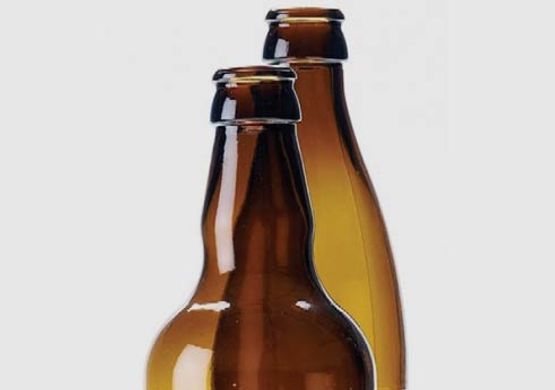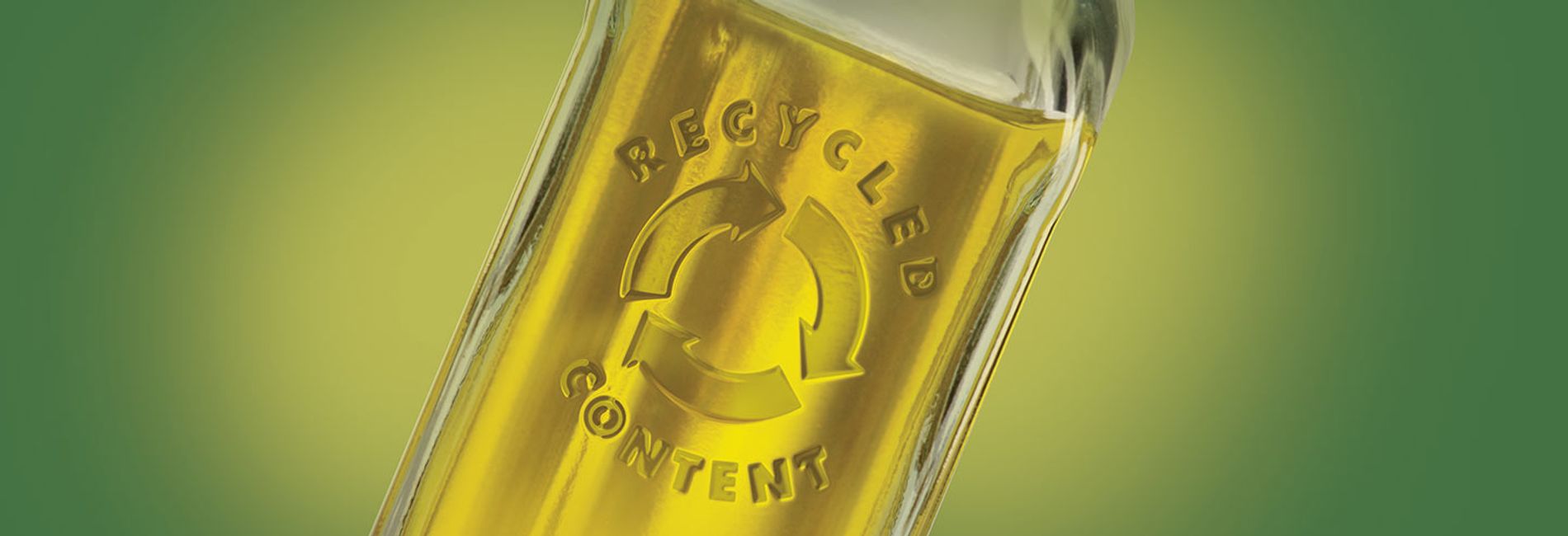Glass has been ranked as the most environmentally friendly packaging product by European consumers, with 45% of consumers choosing glass packaging because of its environmental credentials. (FEVE: Consumer Preference & Packaging in Europe - European Study)
Sustainability
We believe that we all have a duty to ensure that our activities are sustainable and responsible to our environment and our community.
Our regenerative furnaces recycle waste heat, cutting the amount of energy needed by around 15%, and 100% of our site waste is recycled.
These are just a couple of examples of our efforts towards sustainability.
Our sustainability brochure covers all areas of our business: recycling, raw materials, investments in a greener future, reducing waste, integrity of glass and corporate, social responsibility.
To ask for a copy please contact our sales team on 01709 835385.
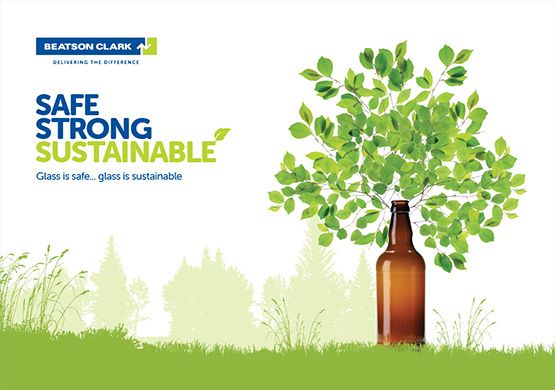
Recyclability
Glass is 100% infinitely recyclable with no loss in strength or quality. Closed loop recycling means that a recycled glass container becomes a new glass container, without waste.
Currently over 74% of the UK glass container waste stream is recycled. This is not down-cycled or deliberately incinerated. Even if it does reach landfill its inert nature means that it will not give off harmful greenhouse gases like methane – nor will it have any detrimental effect on marine life if it is discarded on our coasts or at sea.
The majority of our post consumer recycled glass (cullet) is generated by our own onsite recycling plant .
We process approx. 44,000 tonnes of glass which is recovered from kerbside collections, bottle banks and the hospitality trade. This is then melted in our furnaces and made into new bottles and jars.
A truly Closed Loop System!
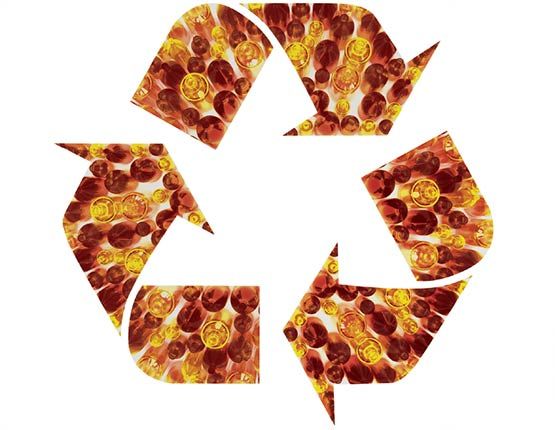
Recycled Content
Beatson Clark are committed to where possible using the highest amount of quality recycled content as possible. It uses an average of 70% recycled material to make its Amber glass containers and 50% for White Flint. The content includes recovered bottles and jars from the UK, imported recycled glass, glass waste generated internally from the manufacturing process and Calumite.
A recycled material itself, Calumite is used to aid refining, enabling the glass to be melted at a lower temperature and replace some virgin raw materials.
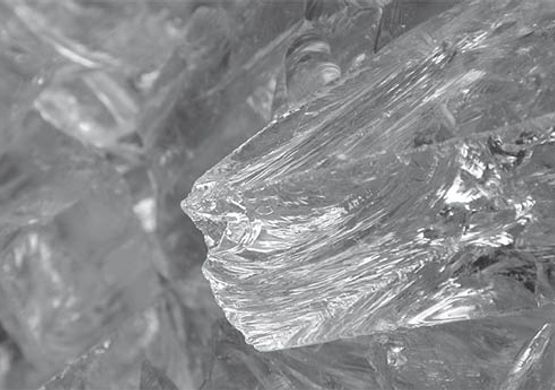
Natural Raw Materials
Glass is made using 3 plentiful, locally sourced elements: sand, soda ash and limestone.
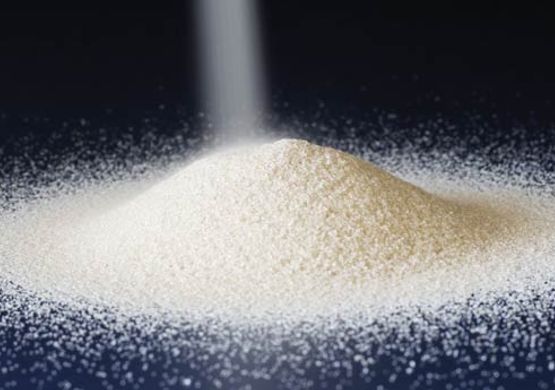
Lightweighting
Glass has never featured in the discussion on “excess packaging” although it does have the potential to reduce its weight further. This combined with an increasing recycling rate will have a significant beneficial effect on energy and CO2 reduction. Beatson Clark constantly looks at opportunities to lightweight its designs, and has several lightweight products within its general sale range.
